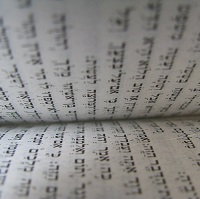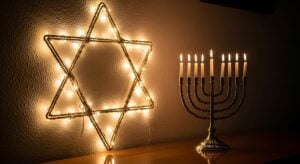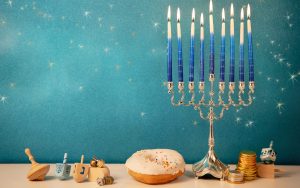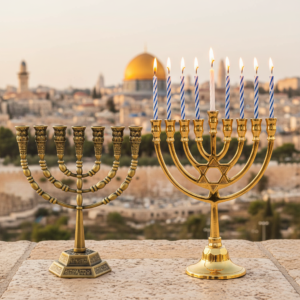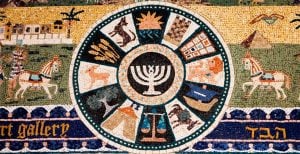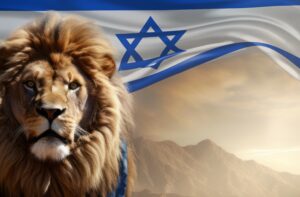Hanukkah is not a biblical festival – we still drive, go to work, and study as usual – but some extra prayers and blessings make an appearance in our normal daily prayers. This is a quick introduction to the extra things we say and pray over Hanukkah.
Al hanisim: the al hanisim prayer is added to the amida (central prayer in all three daily prayer services). It starts by acknowledging the miracles God performed for our forefathers, then briefly tells the Hanukkah story. It is also added to Grace After Meals, the blessings recited following meals which included bread.
Hallel: this is a collection of psalms and short authored prayers which is recited on rosh chodesh (the beginning of the Jewish month) and the three “pilgrim” holidays Passover, Shavuot and Sukkot. Modern Orthodox and Religious Zionist communities also include it on Yom Haatzmaut and Yom Yerushalayim (Independence Day and Jerusalem Day). The word hallel literally means praise, and we use this short prayer service to praise God for the good things we are blessed with.
Blessings on the Candles: When we light the candles for Shabbat and festivals, we recite a blessing which blesses God for commanding us to kindle lights for that day. Hanukkah is no exception: on all eight nights we acknowledge the commandment to light the candles, and add an extra blessing which acknowledges God’s hand in the Hanukkah story. This is the text for those blessings:
Baruch ata Adonai eloheuni melech haolam….
Blessed are You, Lord, our God, King of the world…
1) Asher kidishanu bemitzvotav vetzivanu lehadlik ner shel Chanukah
Who made us holy with His commandments and commanded us to light a candle for Hanukkah.
2) She’asah nissim la’avoteinu bayamim hahem bazman hazeh
Who made miracles for our fathers in their days at this time.
On the first night of Hanukkah we add a third blessing:
3) Shehechiyanu vekimanu vehigianu lazman hazeh
Who gave us life and raised us up and has brought us to this time.
Songs after candle lighting: We conclude the candle lighting ceremony with two songs. The first, lesser-known one is called hanerot halalu and is an excerpt from the Mishnah (oral Toral) set to music. It details how we light the candles to remember the Hanukkah miracle God performed through His holy priests, and how they’re not for use but simply to be looked at to remember and praise God’s miracles.
The second song is far more famous. Maoz tzur details other significant points in Jewish history where God’s presence and help has secured a victory. It is sung to a cheerful marching tune and is one of Hanukkah’s most iconic features.
